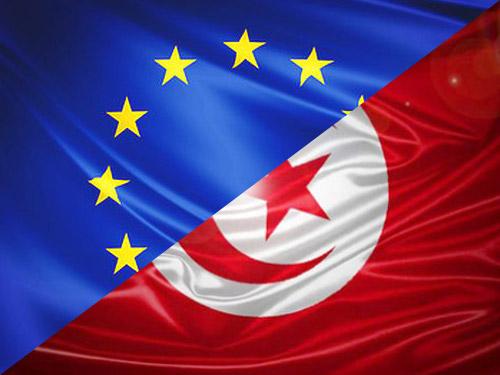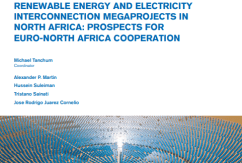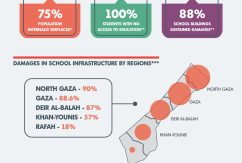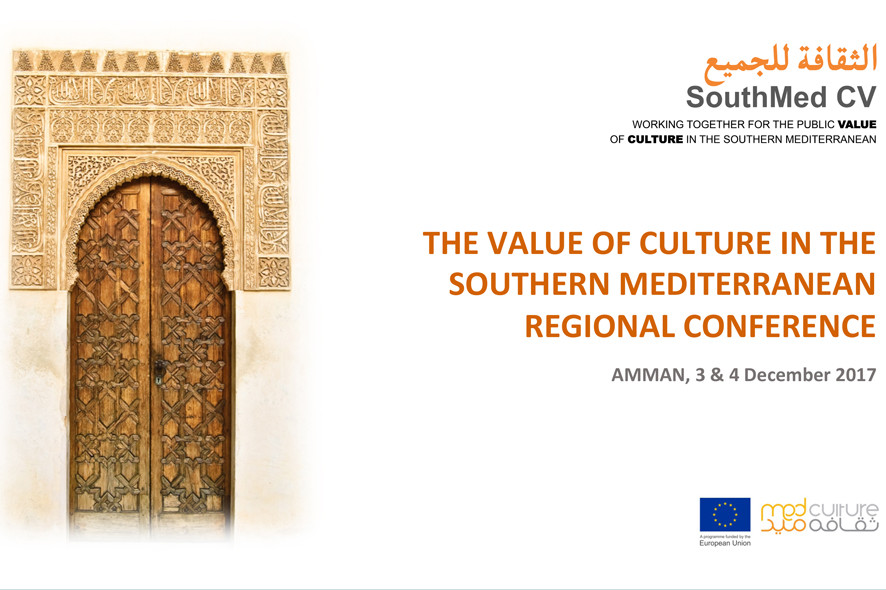EU provides EUR 213.5 million of aid to Tunisia for reforms and funding social infrastructure

The European Commission reaffirms its support to Tunisia with a new financial assistance package worth a total of EUR 213.5 million for reforms and funding social infrastructure. This follows the International Investment Conference TUNISIA 2020 where the European Commission, represented by Commissioner Johannes Hahn, reaffirmed its support towards Tunisia’s transition to a modern democracy based on freedoms, socio-economic development and social justice.
“The action programme which we are adopting for 2016 demonstrates our desire to contribute immediately to improving the living conditions of Tunisia’s people. Our efforts this year will focus primarily on social infrastructure, standards of basic services in the most deprived regions and neighbourhoods and support for reforms in public administration and the education sector,” said Johannes Hahn, Commissioner for European Neighbourhood Policy and Enlargement Negotiations
The 2016 financial support package for Tunisia will consist of four programmes:
1) The ‘Programme to support the modernisation of public administration and public undertakings, in support of the 2016-2020 Development Plan’ (EUR 73.5 million) aims to assist Tunisia in the process of reforming its public administration with a view to increasing the effectiveness, efficiency, quality and transparency of public services and public undertakings.
2) The ‘Programme of support for education, mobility, research and innovation’ (EUR 60 million) is intended to improve access to a high quality education system, making it possible to increase the employability of young people and stimulate socioeconomic integration. This measure, targeted particularly at young people, will complement the major investment by the EU in vocational training. It provides for a mobility component which will allow 1 500 Tunisian students and teachers to access mobility grants under the ERASMUS+ programme. The support for the research and innovation system will promote greater participation by Tunisian researchers and institutions in the Horizon 2020 programme with which Tunisia has been associated since 1 January 2016.
3) The ‘Pilot initiative on integrated local development’ (€60 million) seeks to support the process of decentralisation enshrined in the Constitution and to reduce development disparities between the coastal regions and the interior.
4) The ‘Programme to support the health sector in Tunisia’ (€20 million) aims to assist Tunisia in strengthening its health system by improving the quality and accessibility of health services for all.
Read more
Joint Communication to the European Parliament and the Council: Strengthening EU support for Tunisia
Relations between the EU and Tunisia – Factsheet
EU Delegation to Tunisia – website and Facebook page
Related news
Newsletter
Subscribe to receive our latest updates
News alerts
Personalise your news alerts subscription
© This project is funded by the European Union, 2024




































